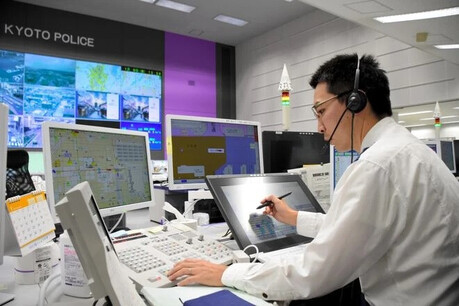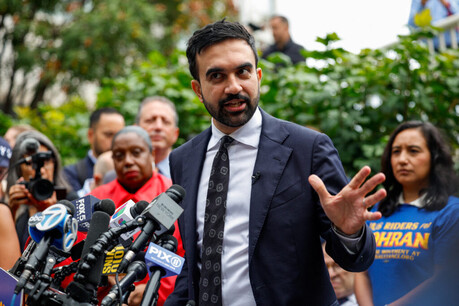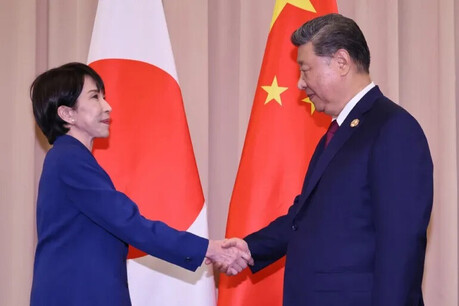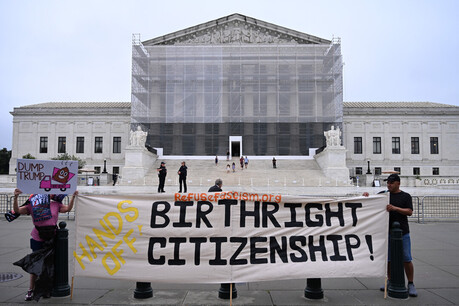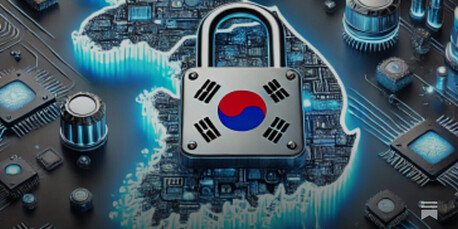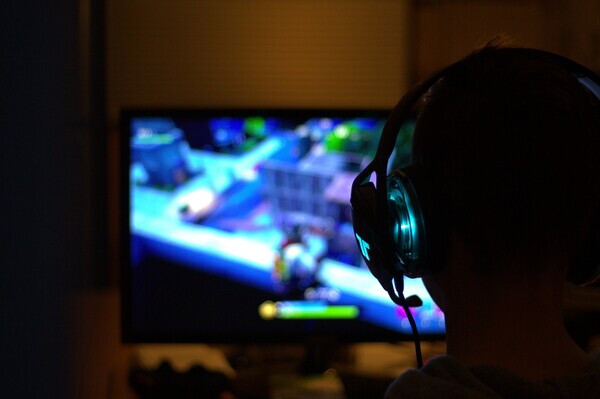
Seoul, South Korea – South Korea has taken significant steps to bolster the rights of online gamers, with the recent passage of several bills aimed at enhancing consumer protection and accountability within the gaming industry.
The National Assembly has approved a series of amendments to the Game Industry Promotion Act, which will impose stricter regulations on game companies and provide greater recourse for players. One key provision mandates that game companies must accurately disclose the probabilities associated with loot boxes and other random item drops. Failure to do so or providing false information will now result in financial penalties.
Furthermore, the legislation introduces punitive damages, tripling the amount of compensation that can be awarded to players who have been intentionally harmed by game companies. The burden of proof has also shifted to game companies, meaning they will be required to demonstrate that they acted without malice or negligence.
To provide more effective support for aggrieved gamers, South Korea has also passed amendments to the Content Industry Promotion Act, which establishes a dedicated center to handle player complaints and disputes. The newly formed Content Dispute Mediation Committee will have the authority to resolve collective disputes, ensuring that gamers have a more accessible and specialized avenue for seeking redress.
"We are very pleased with the passage of these laws," said Lee Cheol-woo, chairman of the Korea Game Users Association. "These changes will not only protect the rights of gamers but also foster a more transparent and trustworthy gaming environment."
The move comes after years of complaints about unfair practices in the gaming industry, particularly regarding loot boxes. While a previous law mandated the disclosure of drop rates, it lacked effective enforcement mechanisms and did not provide adequate remedies for harmed players.
Although the new laws are a significant step forward, some experts have expressed concerns about the time it will take for them to come into effect. The amendments will go into effect six months after their promulgation, which means that they may not apply to ongoing investigations by the Fair Trade Commission into allegations of unfair business practices by major game companies such as Krafton, Wemade, Gravity, Webzen, and Com2Us.
"While the new laws will serve as a deterrent, it remains uncertain whether they will be sufficient to provide adequate relief for players who have already been harmed," said Lee.
Another issue that remains unresolved is the prevalence of "super accounts" and "promotional accounts," which are high-level or specially privileged accounts that are sometimes used by game companies for marketing or promotional purposes. Critics argue that these accounts can create an unfair playing field and encourage excessive spending. While the Fair Trade Commission has launched investigations into allegations of super accounts in games like Lineage M and Lineage 2M, there is currently no specific legislation addressing this issue.
Sung Su-hyeon, team leader of the YMCA Game Consumer Center, said, "Super accounts and promotional accounts are abnormal practices that exploit players' competitive instincts and desire for improvement. We hope that the relevant authorities will conduct thorough investigations and take appropriate action."
[Copyright (c) Global Economic Times. All Rights Reserved.]
















